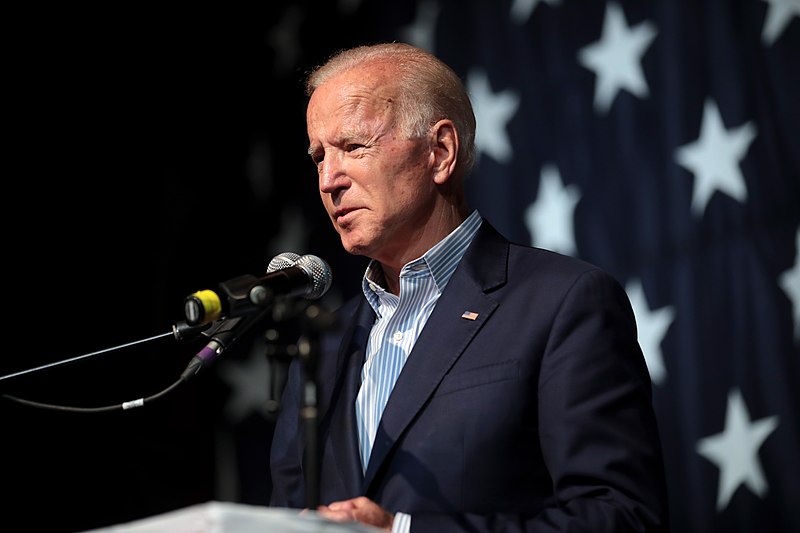
President Joe Biden announced on social media that he is withdrawing from the presidential race, a historic and unexpected decision that dramatically alters the
landscape of the 2024 election. This marks a rare instance of a sitting president opting not to seek re-election in modern times.
Biden's decision will create significant turmoil within the Democratic Party, igniting a frantic search for a replacement just weeks before the party’s nominating convention. Shortly after his announcement, Biden endorsed Vice President Kamala Harris as his preferred nominee.
“My very first decision as the party nominee in 2020 was to pick Kamala Harris as my Vice President. And it’s been the best decision I’ve made,” Biden wrote. “Today I want to offer my full support and endorsement for Kamala to be the nominee of our party this year. Democrats — it’s time to come together and beat Trump. Let’s do this.”
Biden's endorsement is expected to significantly reduce serious competition from other Democrats, effectively paving the way for Harris to become the 2024 Democratic candidate.
This dramatic turn of events follows a tumultuous period in an election already shaken by an assassination attempt on the Republican candidate, former President Donald Trump.
At 81, Biden faced increasing pressure from within his party to step aside following a poor debate performance in June, where he appeared feeble and confused. His poll numbers in key battleground states dropped after the debate, raising concerns about his electability against Trump.
Despite this, Biden and his core advisors remained convinced of his potential for victory, drawing on his extensive political career and past comebacks. However, as prominent party members and former Senate colleagues expressed their doubts, Biden reluctantly accepted that much of his party had lost faith in his candidacy.
Biden has confirmed that he will serve out the remainder of his term, ending in January.
No modern president has withdrawn from an election this late in the race. The closest precedent was in 1968, when President Lyndon Johnson exited his re-election campaign in March. His Vice President, Hubert Humphrey, then secured the nomination but lost to Richard Nixon in the general election.
Biden's endorsement of Harris is expected to unify the party and prevent a potentially divisive nomination battle. However, other potential contenders, such as Governors Gretchen Whitmer of Michigan, Gavin Newsom of California, JB Pritzker of Illinois, and Josh Shapiro of Pennsylvania, will now need to decide whether they will challenge Harris for the nomination.
Biden’s support for Harris is aimed at consolidating party support around her and focusing on the general election, which is less than four months away. With the primaries concluded, the nomination will be decided by approximately 4,000 delegates at the Democratic National Convention next month.
In recent weeks, Biden and his campaign worked to assuage concerns about his candidacy and counter doubts about his age. He participated in national interviews, engaged with MSNBC's “Morning Joe,” criticized elites urging him to step down, and assured House Democrats that he wasn’t quitting. He also demonstrated his foreign policy acumen during a NATO press conference and joined a rally in Michigan where supporters chanted, “Don’t you quit.”
“No one’s pushing me out. I’m not leaving,” Biden told his campaign staff following the debate. He reiterated to donors that he was “done talking about the debate.”






































